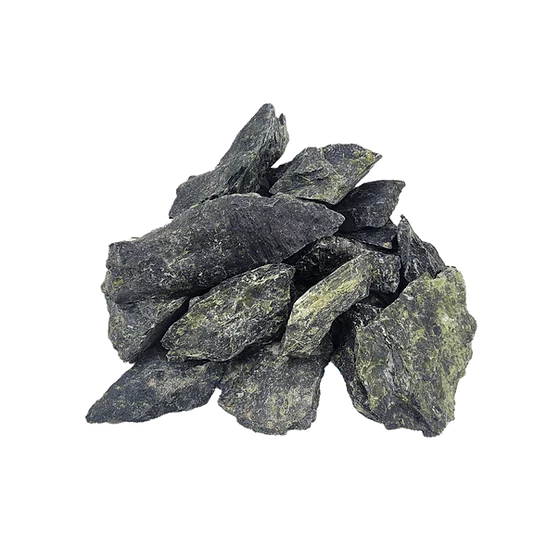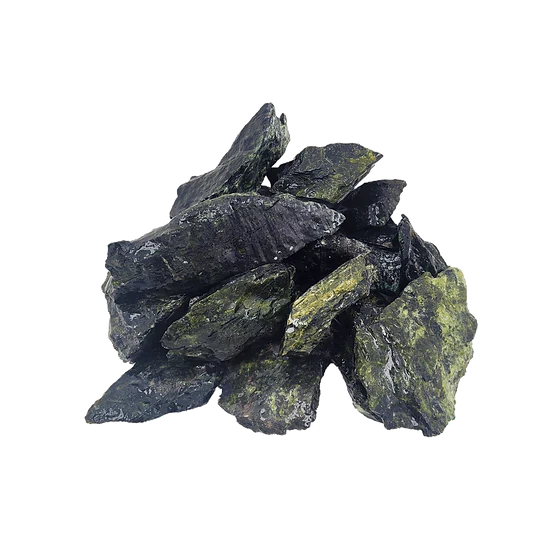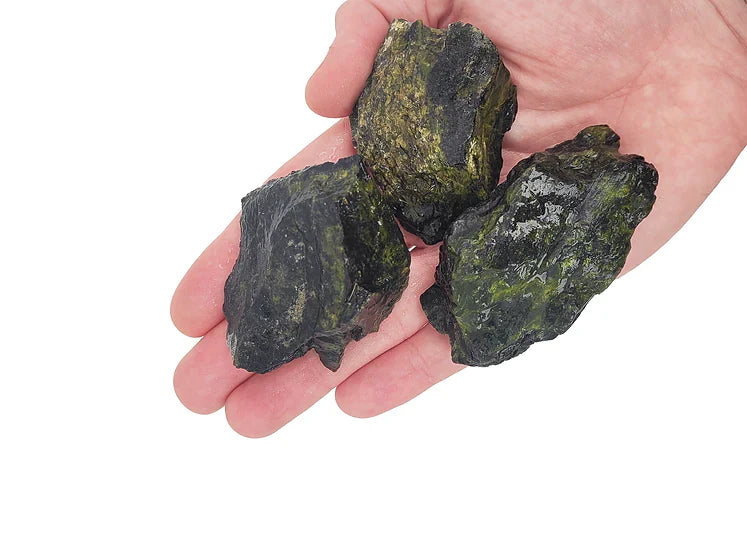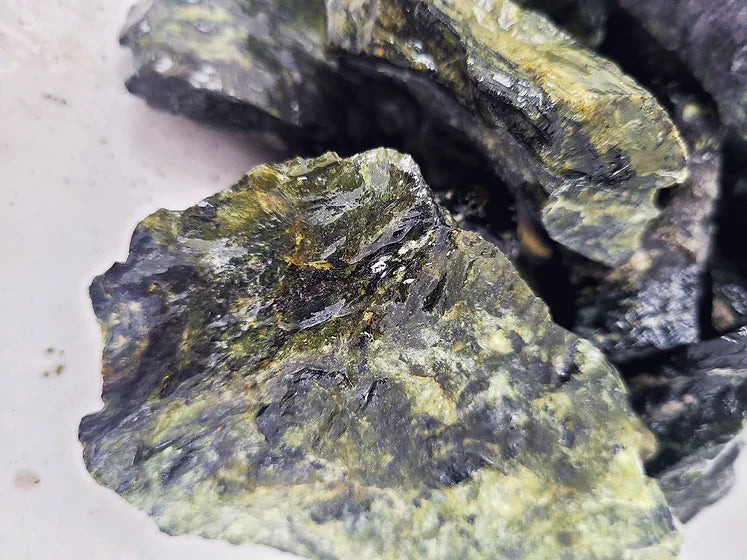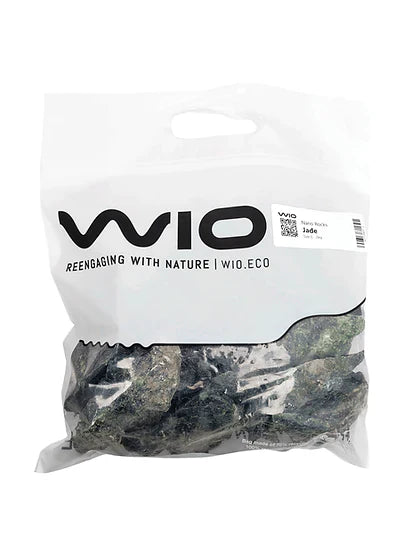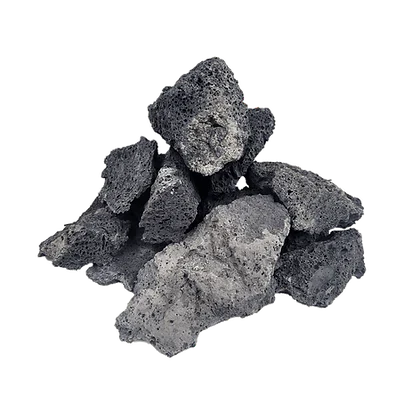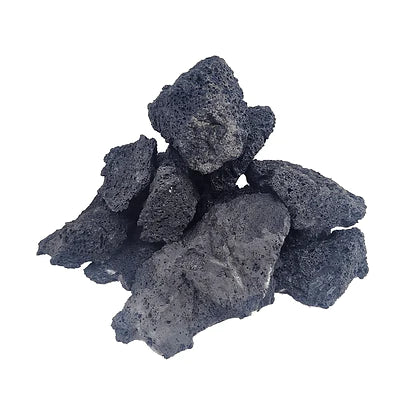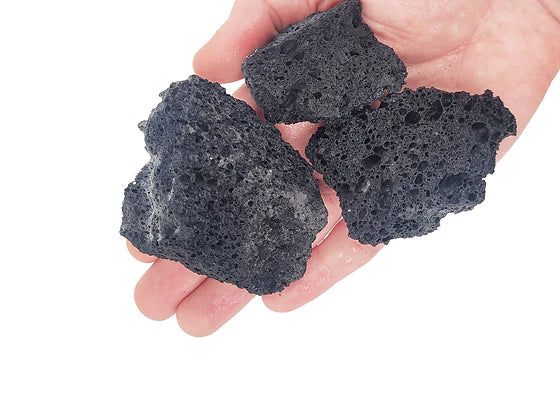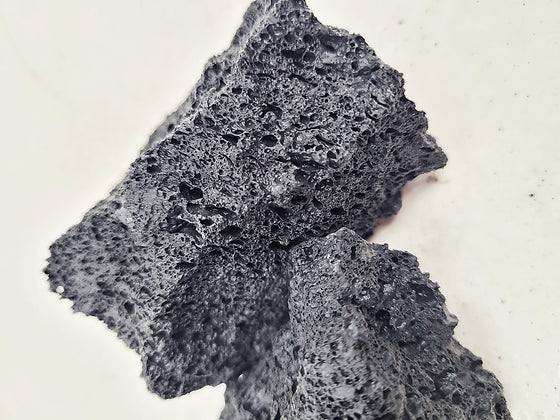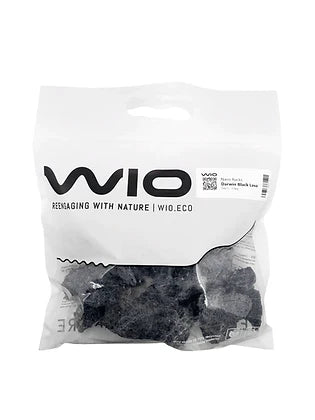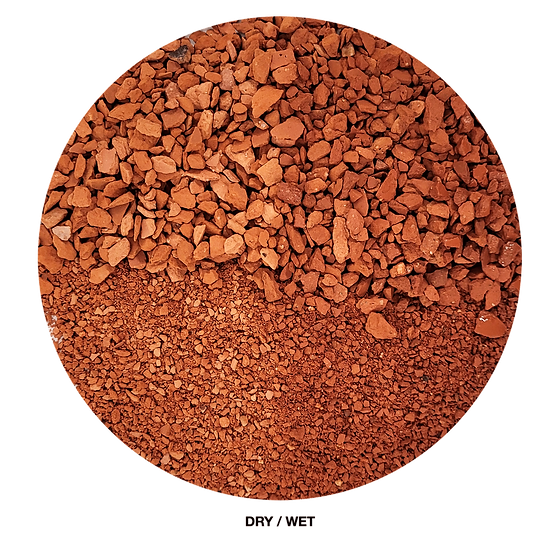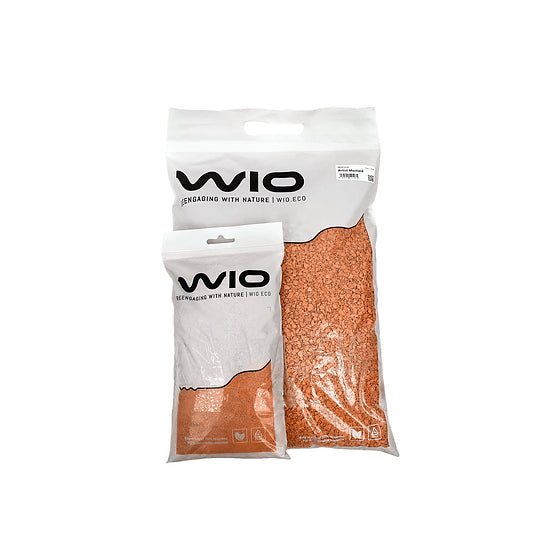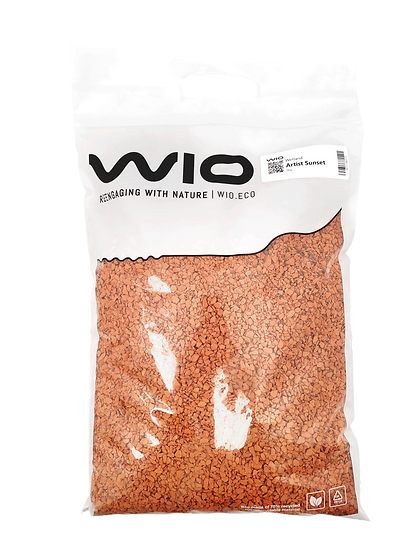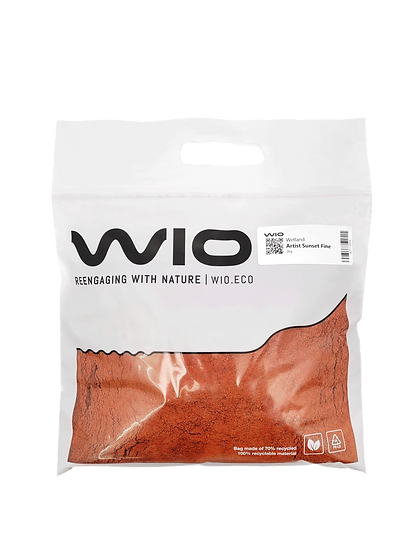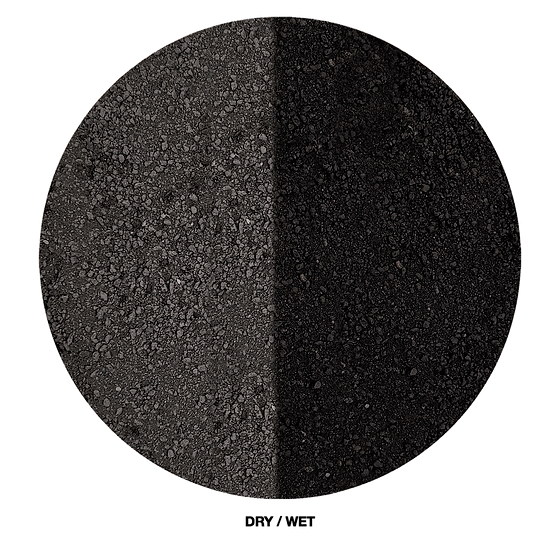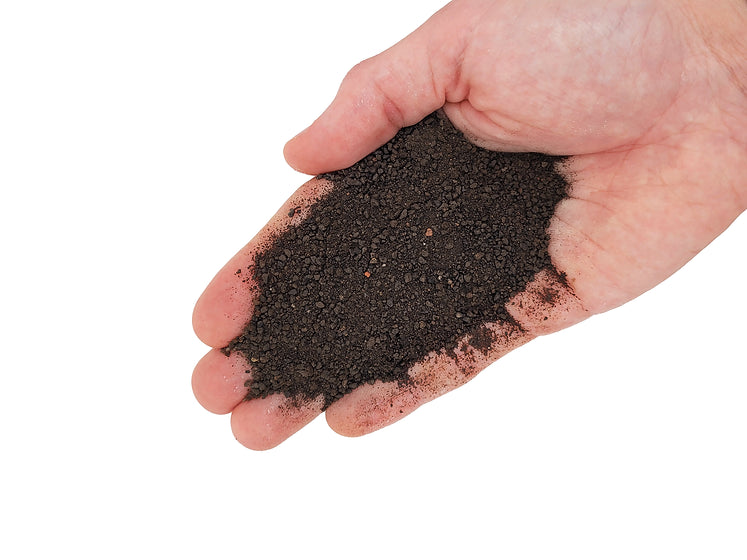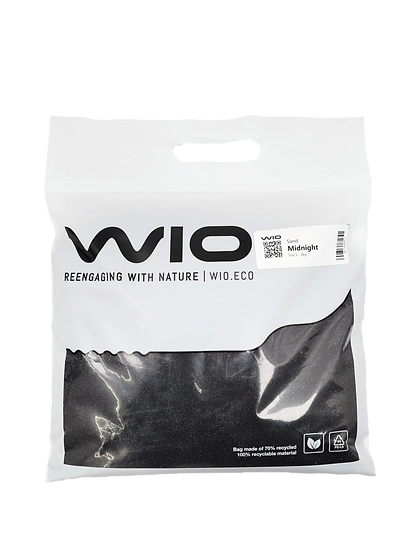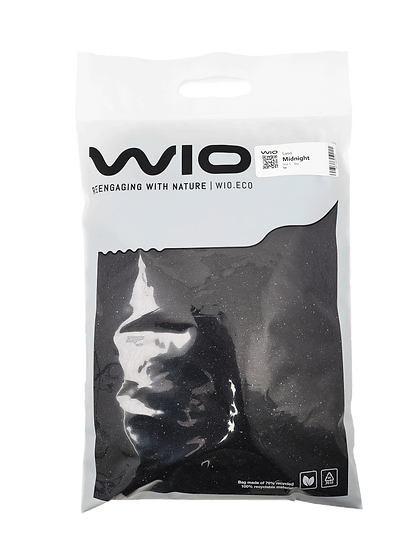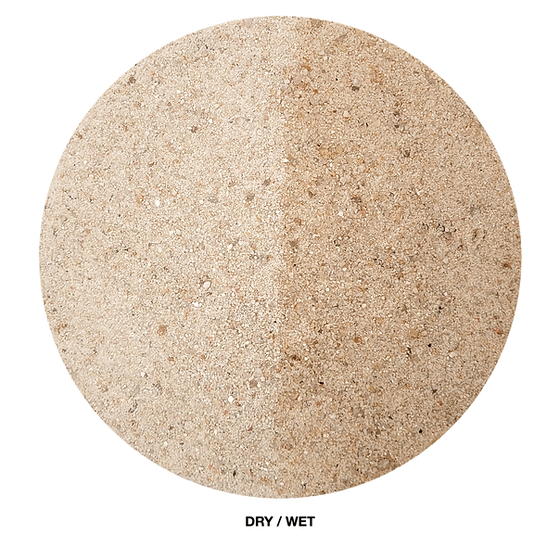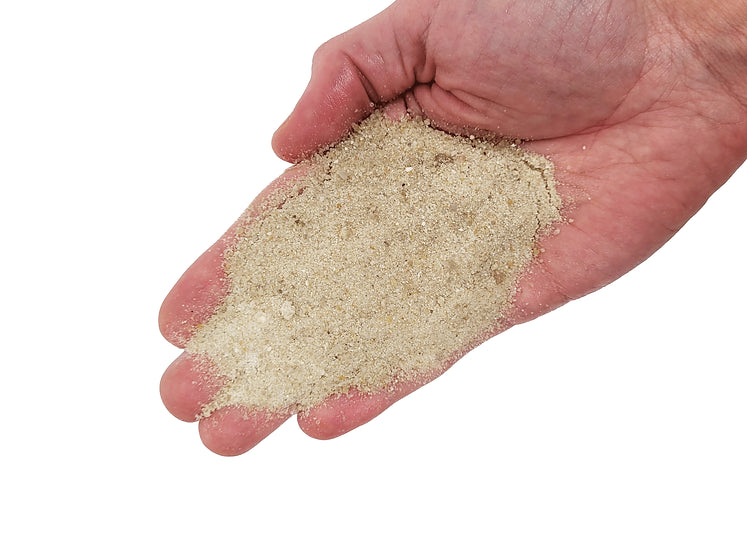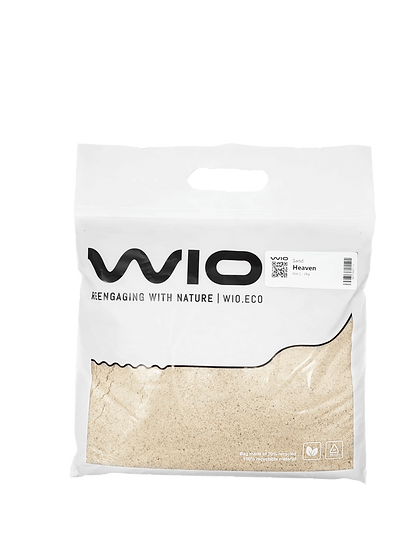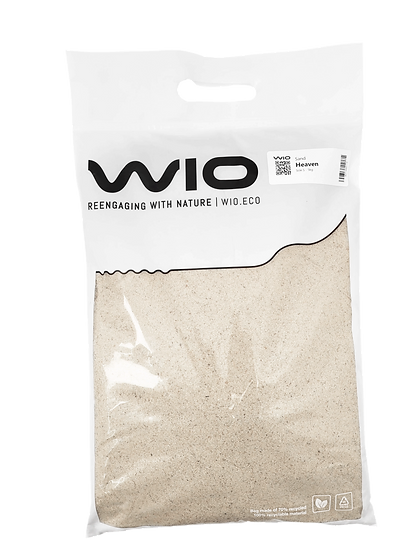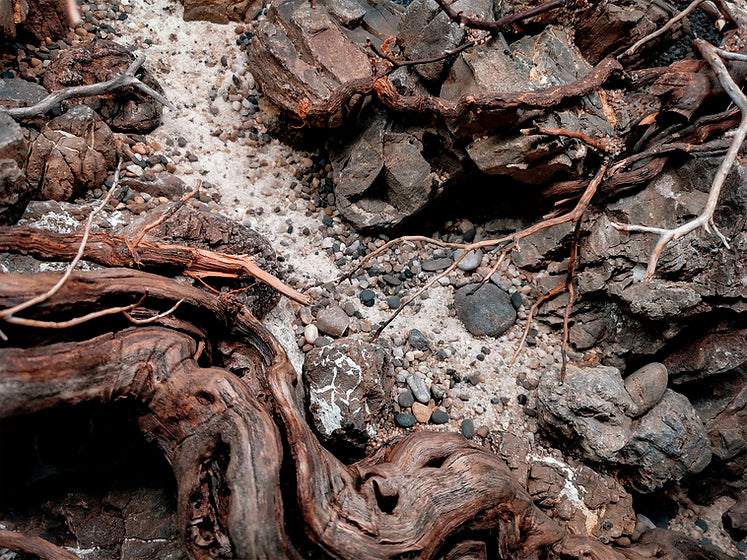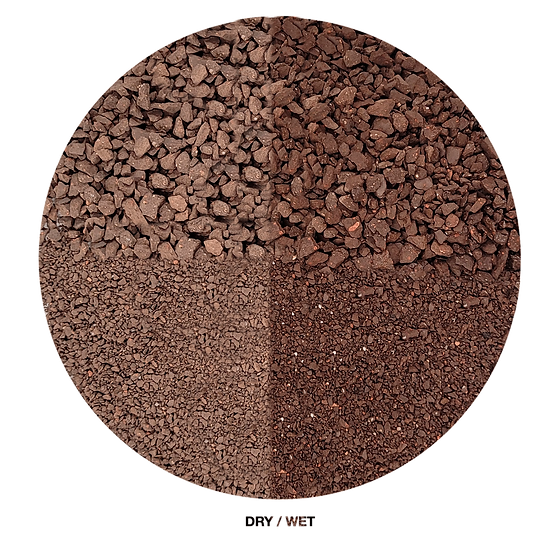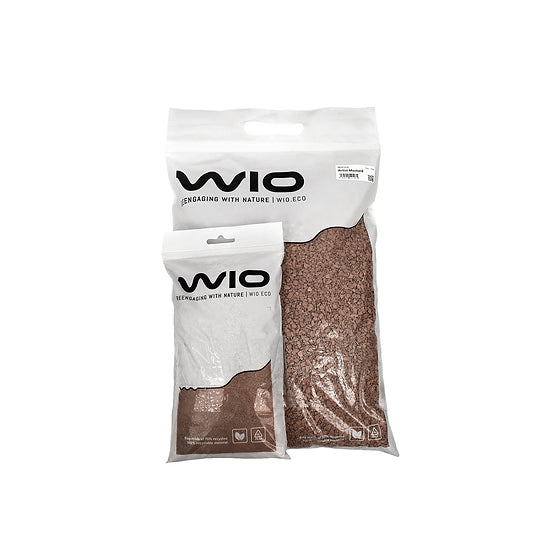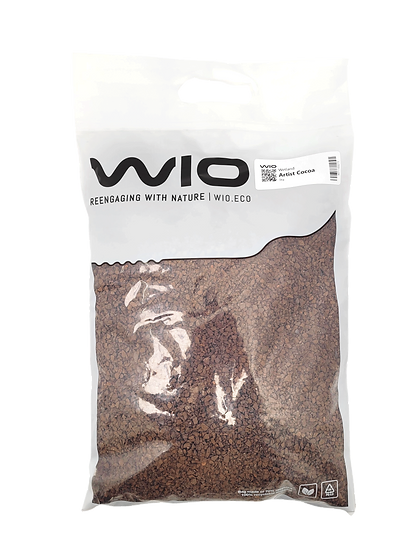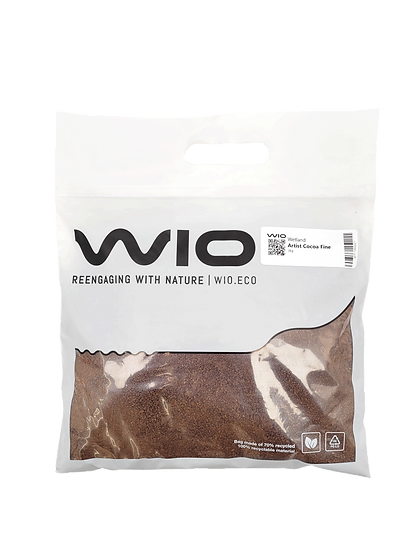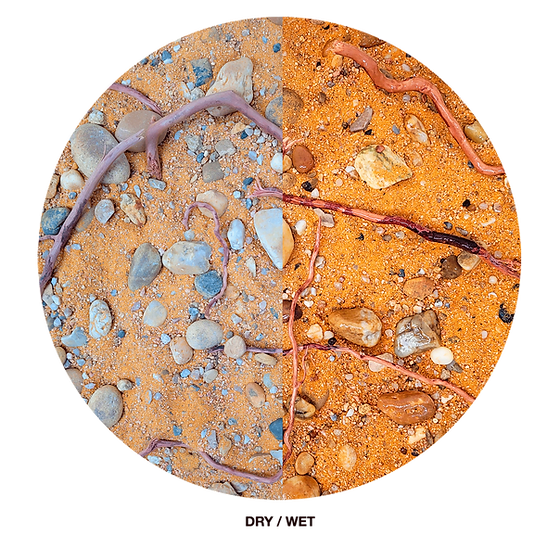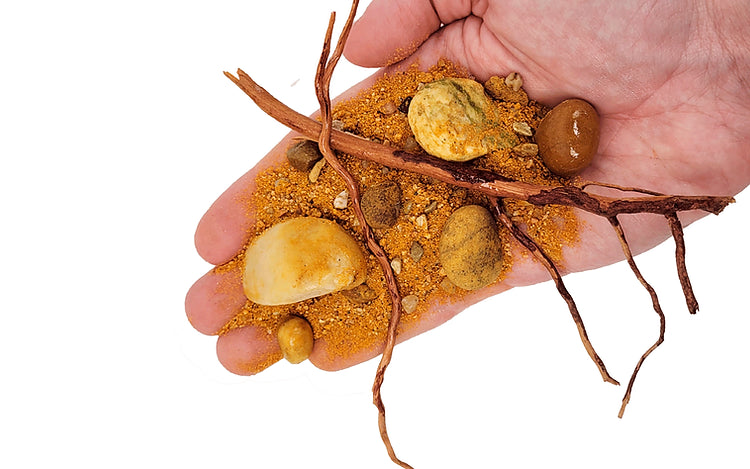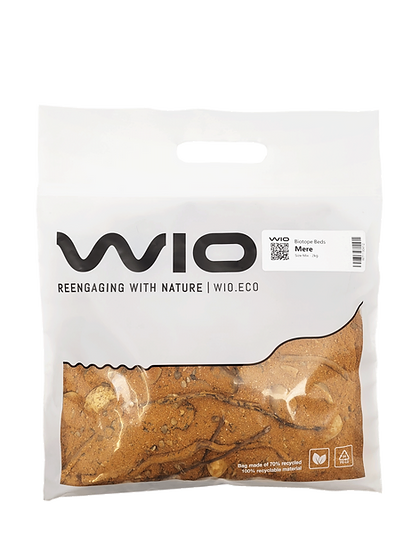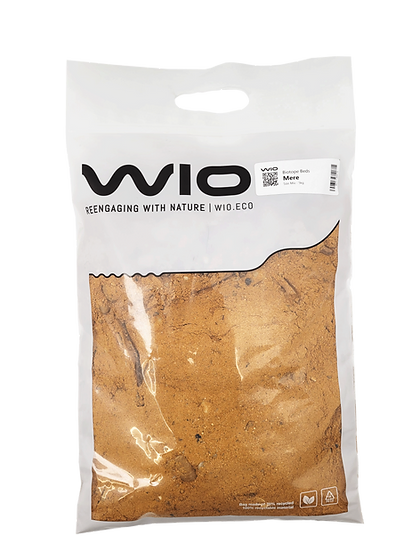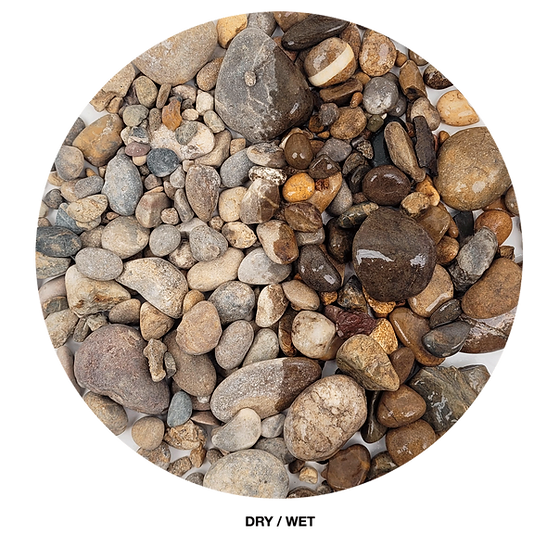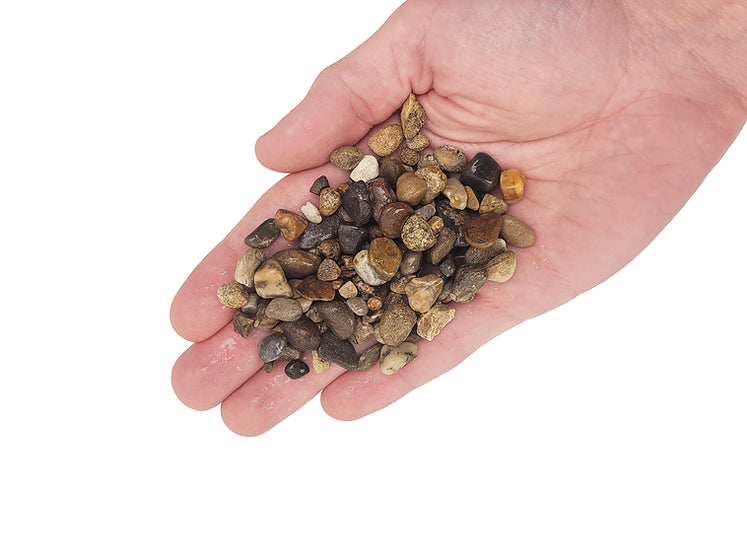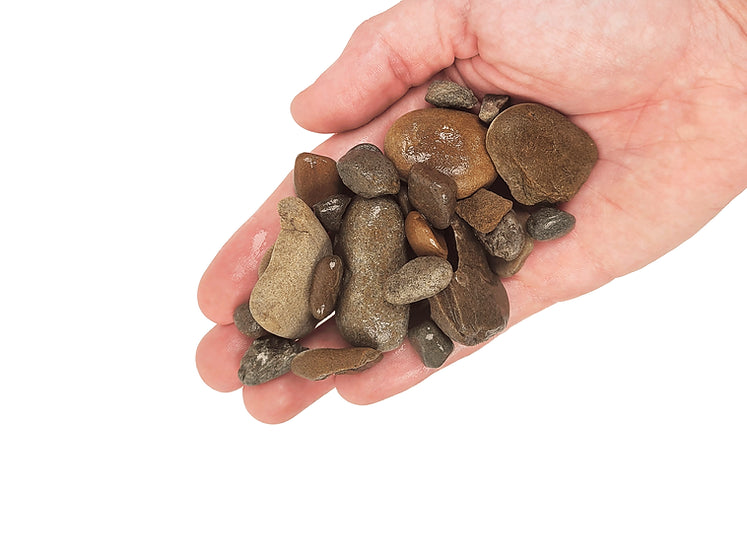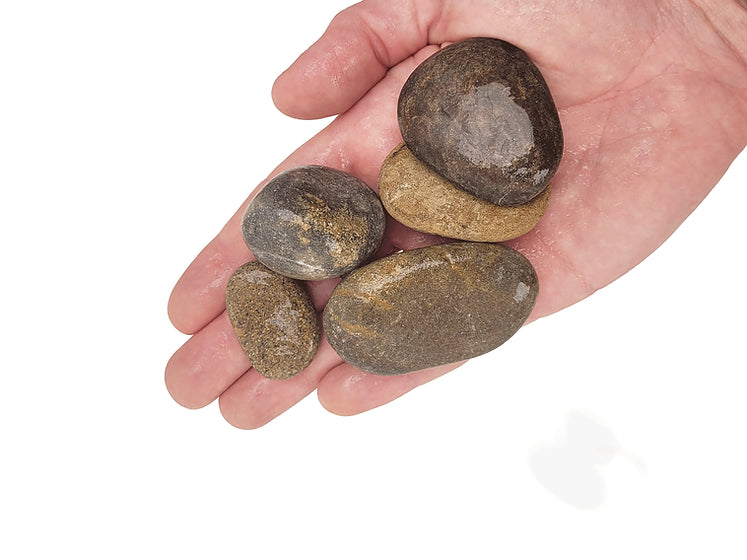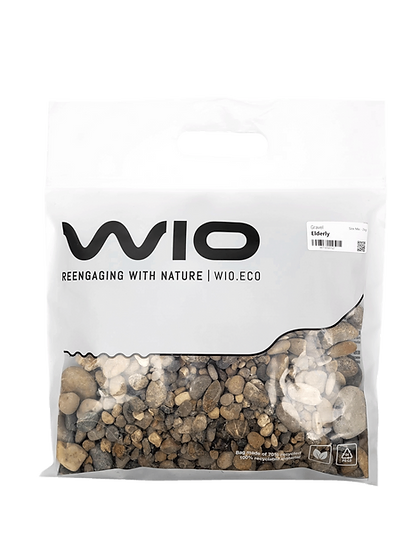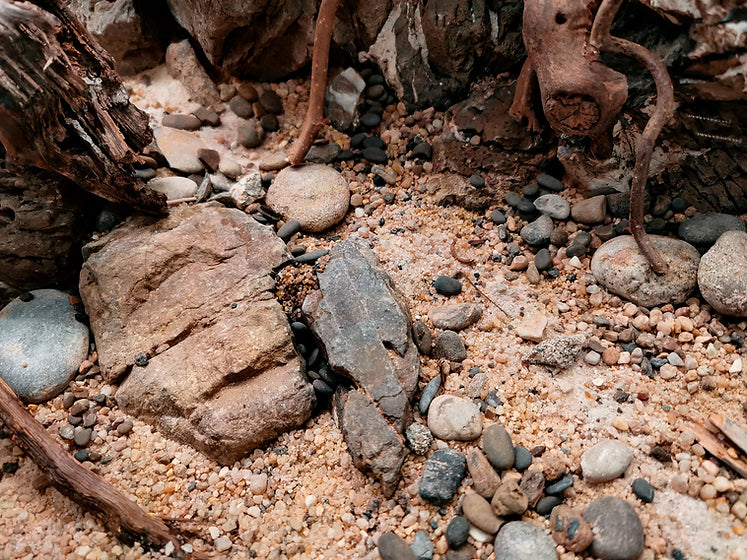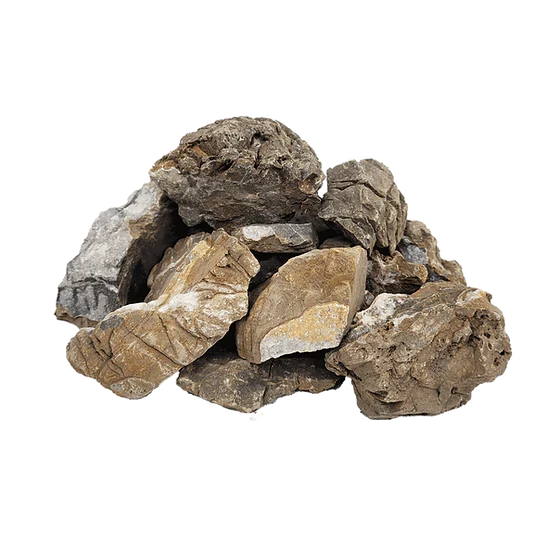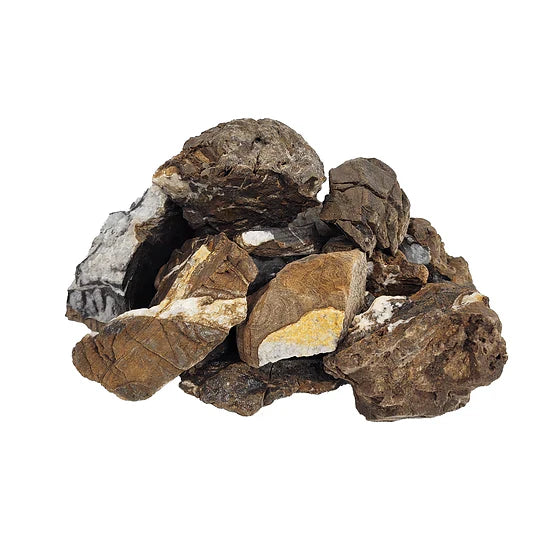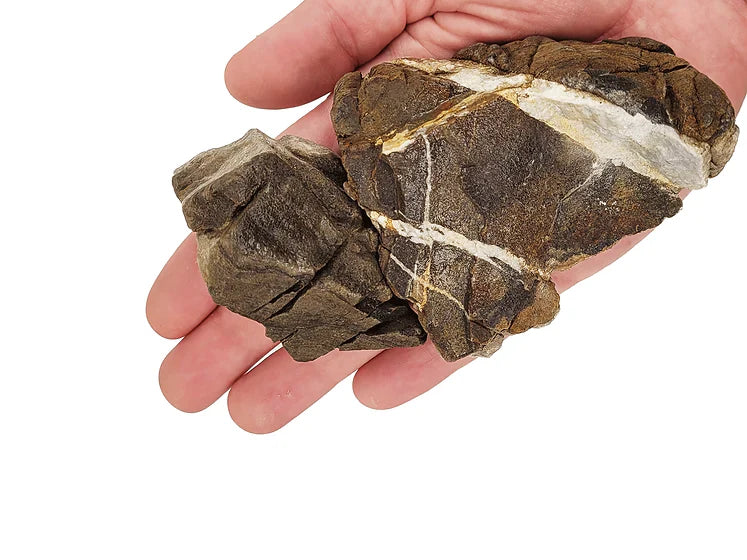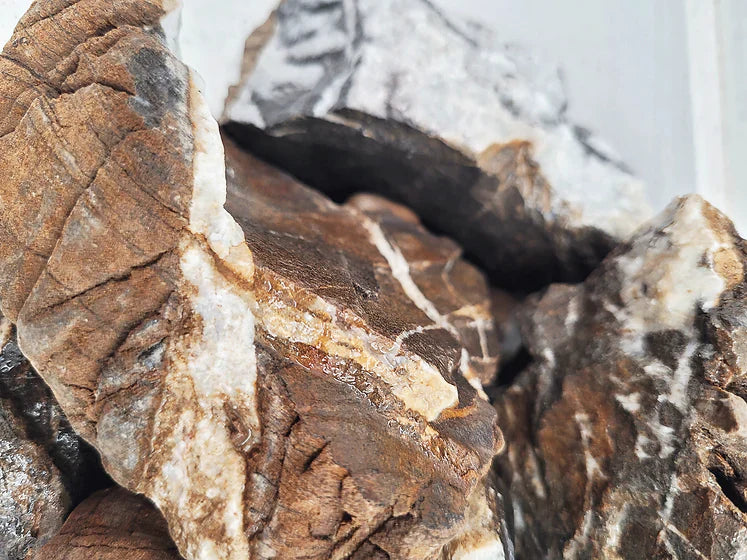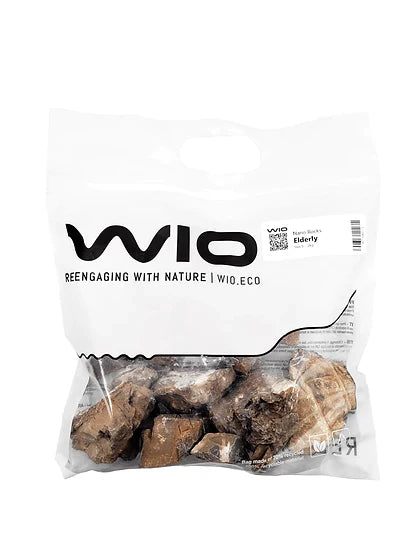Etna stone is a multicolored volcanic rock that highlights the power of nature with its complex colors, textures, and irregular forms. It can be used for creating classical Iwagumi or wildstyle scapes.
-
Description
Etna stone is a multicolored volcanic rock that highlights the power of nature with its complex colors, textures, and irregular forms. It is formed from a mixture of different lavas that have resulted in a splash of colors ranging from deep red to purple, violet, yellow, orange, black, and bluish. This unique mixture of colors and textures makes Etna stone a fascinating and captivating rock that can bring a natural touch to any aquarium or terrarium.
Etna stone is a highly detailed and irregular rock formation that evokes ancient rock formations and adds depth and character to any aquascape. It is ideal for creating classical Iwagumi or wildstyle scapes, where the natural beauty of the stone can be highlighted and showcased.
In addition to its striking appearance, Etna stone is also a hard and durable rock that can withstand the test of time. It is an inert rock, which means that it will not alter the water chemistry of your aquarium or terrarium, making it a safe and reliable choice for aquatic habitats.
The stone is highly porous, providing a perfect surface for beneficial bacteria to thrive, making it an ideal choice for those looking for a healthy bioactive rock. Its porous surface also provides the perfect texture for epiphytic plants and mosses to grow, creating a lush and natural look to your aquarium, terrarium, or vivarium.
Whether you're looking to create a naturalistic aquascape or a unique terrarium, Etna stone is an excellent choice for adding texture, color, and character to your setup. Its complex colors, textures, and irregular forms make it a truly special rock that will captivate and inspire you every time you look at it.
-
Key Points
-
Characteristics
-
Usage
- It can be used in both aquatic and terrarium environments.
- Rinse rocks and stones with water before use. Use a brush to clean it before introducing the stones in the aquarium.
- Avoid placing rocks directly on the glass as they can be very heavy and sharp. Instead, place substrate or our LandForms before placing the hardscape to help fix the exact stone position with more freedom.
- Always secure the stones, especially when placing one rock on top of another, you can do so with our ScapeBound, as the top rock may move or fall during regular maintenance, harming your dwellers or even breaking the aquarium.
- Position stones a few centimeters/inches away from aquarium glass walls to facilitate maintenance.
- Safe for fish, shrimps, and other aquatic animals





















